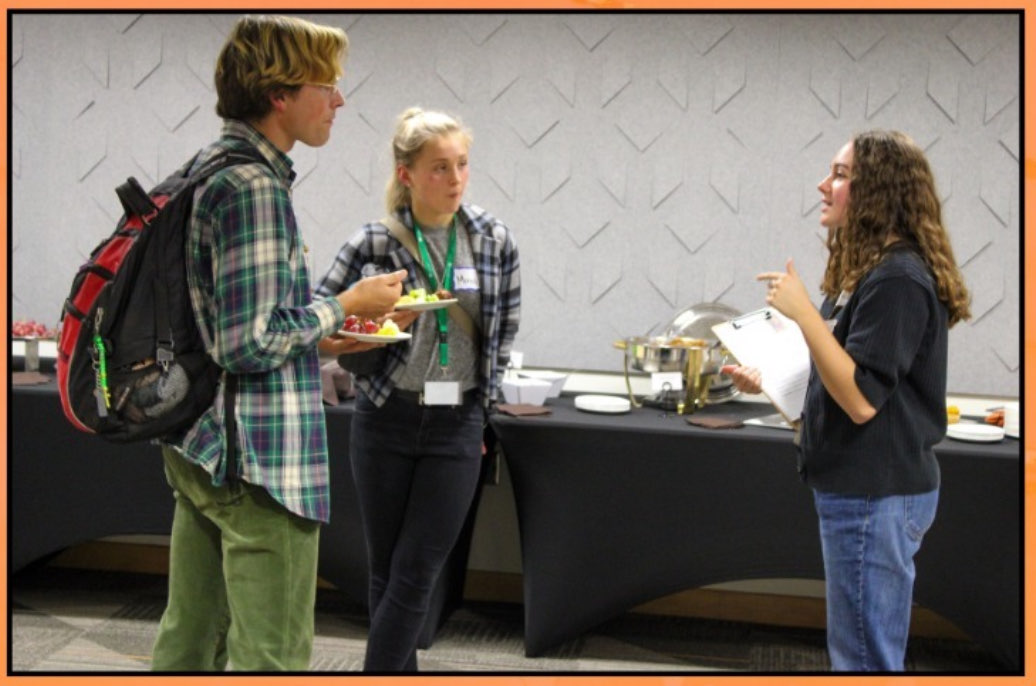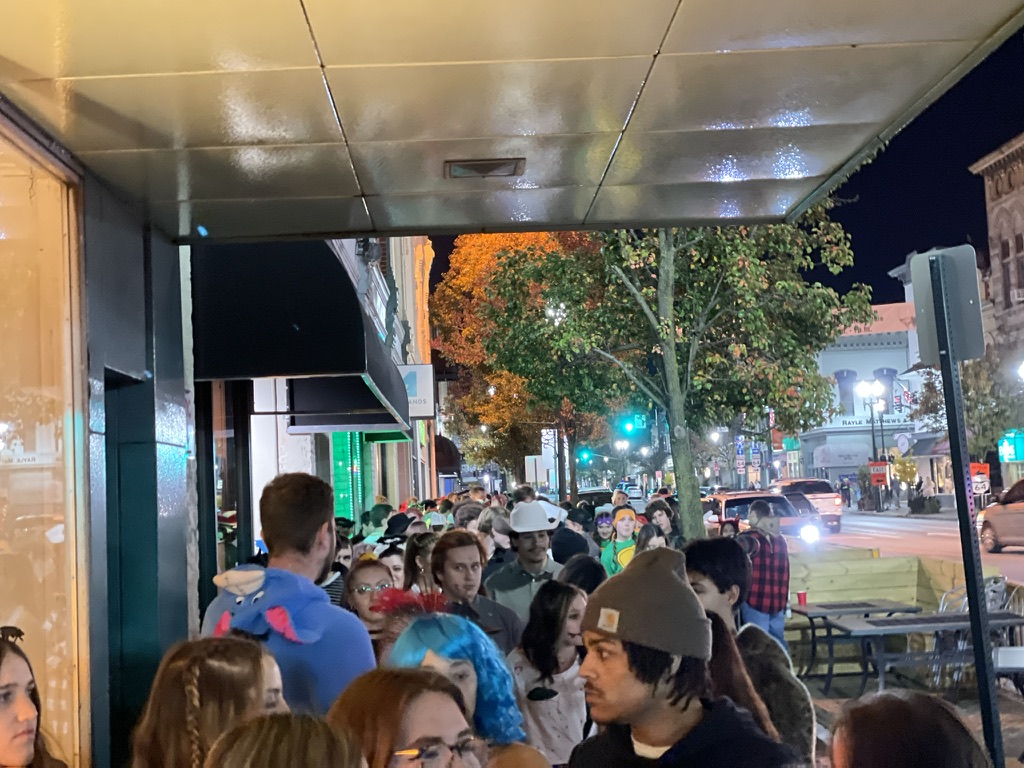People choose to express themselves however they want, but Holly Lovey and her best friend decided bonding by ink would do the trick.
Lovey, a junior, got a tattoo symbolizing her friendship with her best friend when she was 18 years old.
“We were inseparable growing up and during school,” Lovey said. “ It was kind of like a mid-life crisis because we were going to different colleges so we got a tattoo.”
The history of tattoos had a much different meaning in the 1900s than it does now. They are traced back to sailors, circus performers and gang members, inking their body to remember people and places they’ve been, said Ryan Whorton, a graduate student in the University’s Industrial and Organizational doctoral program.
Whorton encourages people to express themselves through the beautiful artwork of tattoos, but his recent study highlights potential problems with tattoos.
Whorton conducted research with Scott Highhouse, a professor in the Psychology Department, to examine the effects of applicant tattoos on the hiring attitudes of managers who select employees. He presented the idea of the study in front of a group of graduate students at the University when their faces “lit up the room,” he said.
“I pitched the idea because, being a person with tattoos, I’ve noticed how differently I have been treated,” Whorton said. “I also believe this is something to really pay attention to, because young people like getting tattoos.”
While Lovey is considering getting another tattoo, she made sure she got her first tattoo in a place hidden for her own reasons.
“My tattoo is very small and is in a private place for professionalism,” she said. “Something I discussed with my mom were limited job opportunities if I put it in a visible place.”
Although there may be signs that attitudes toward tattoos are becoming more tolerant, Whorton’s study shows that hiring managers may not be as accepting of this social change.
Whorton and Highhouse’s research had a sample of hiring managers, investiging the degree to which their attitudes toward applicants were influenced by their tattoos.
“We wanted to know if applicant tattoos have an observable effect on hiring attitudes and if the only motivation was concern for customer reactions,” Whorton said. “This area of research is becoming more important as more people with visible tattoos are searching for work and entering the work force.”
Participants were asked to examine a job description, a resumé, and a picture of an applicant. Every participant saw the same resumé but was randomly given a job description for a customer service help desk attendant who dealt with the public or an airline call center employee who didn’t.
The researchers used pictures of five males with different styles of painted on tattoos to capture general attitudes toward tattoos in the employee selection context.
After examining the information, the hiring managers were asked to rate their attitude toward employing the applicant by completing a short questionnaire.
Overall, the two researchers saw that hiring managers had less positive attitudes when shown an applicant with several tattoos than candidates with a single tattoo.
“The managers were reluctant to hire heavily tattooed applicants, even though they met all the criteria listed in the job description and would never have face-to-face interaction with a customer,” Whorton said.
Lovey said it is ridiculous for people to be judgmental of what people do to their body when apply for something they are more than qualified for.
“I understand why mangers don’t want to hire people with lots of tattoos but I think that is crossing the line a little bit,” she said. “It’s their body and doesn’t affect the way they work.”
Senior Kirsten Heckman agrees with Lovey and said she thinks everyone now-a-days is going to have tattoos so employers should get used to it.
“I would like to get a tattoo for my grandma and if I want it to be visible, I don’t feel as though I should be punished because of how big or where it’s located,” she said. “My work ability has nothing to do with what is on my body”
There is no federal law protecting people with tattoos against discriminatory hiring practices, unlike religious or ethnic minority groups who are protected by equal employment law, Whorton said.
It appears that hiring managers are actively screening out people with tattoos, he said.
“People should watch where they put tattoos because it is unprofessional to have it showing, as much as it may seem unfair, it’s true,” Lovey said. “Our generation needs to realize that it’s not what companies want.”







